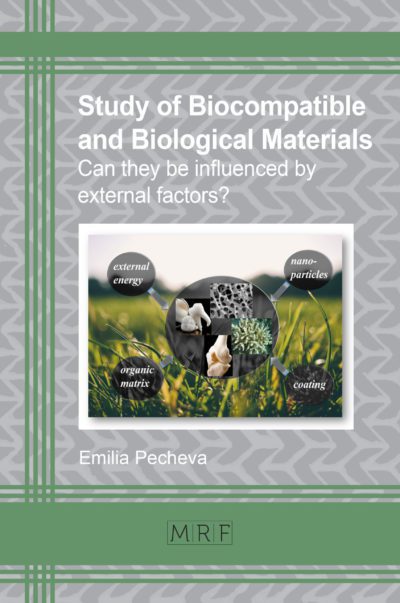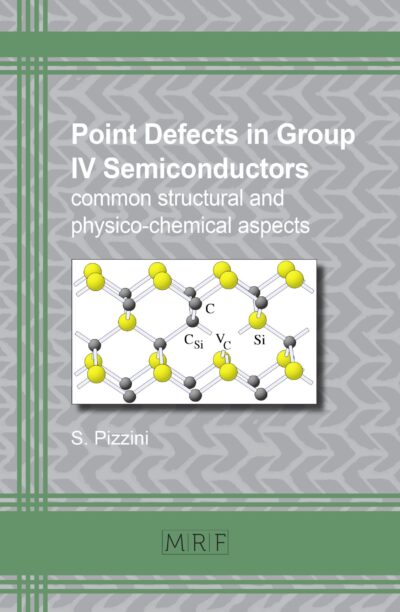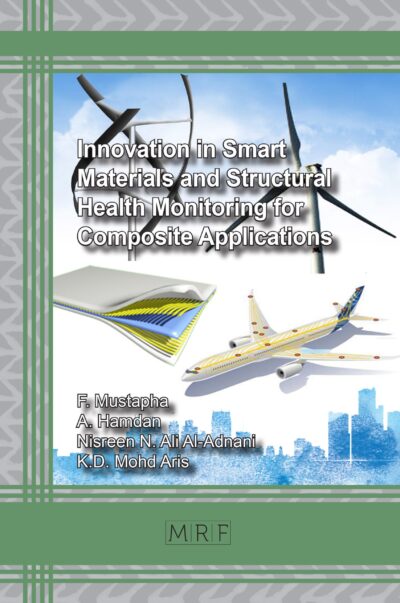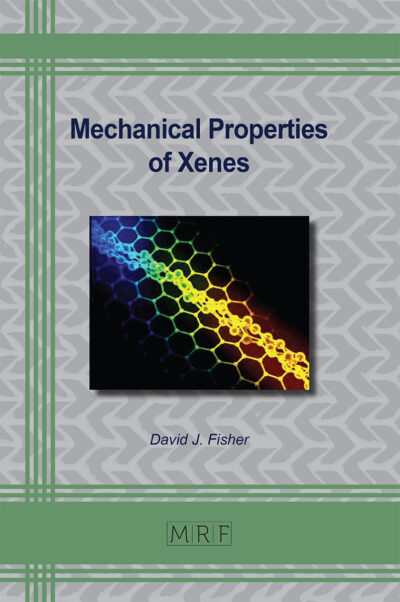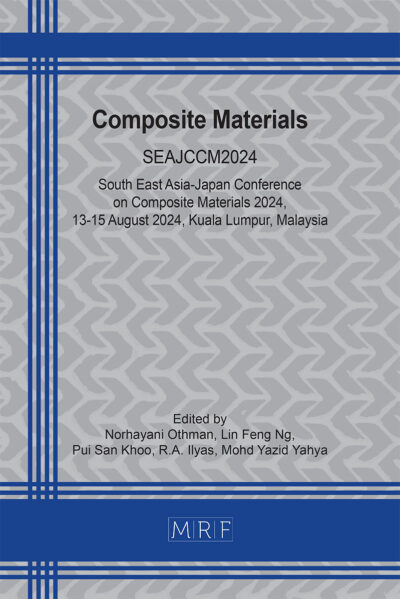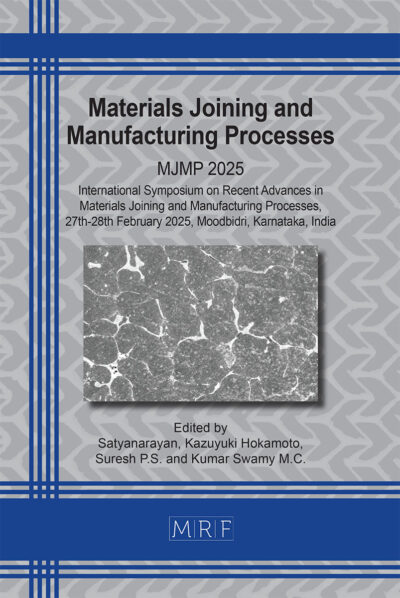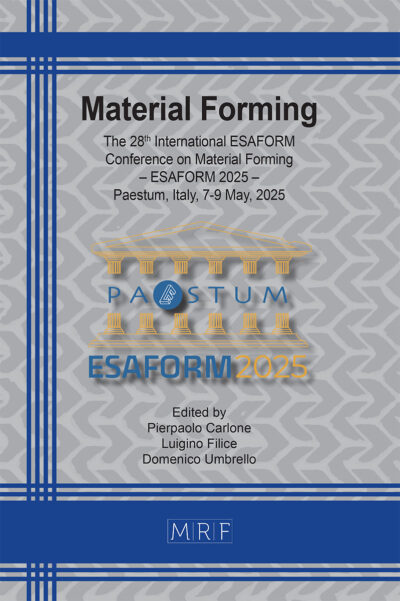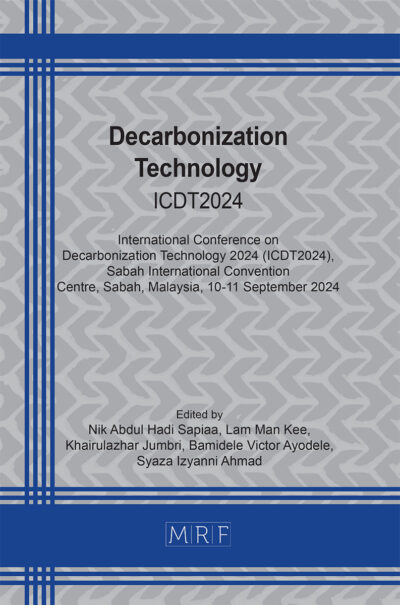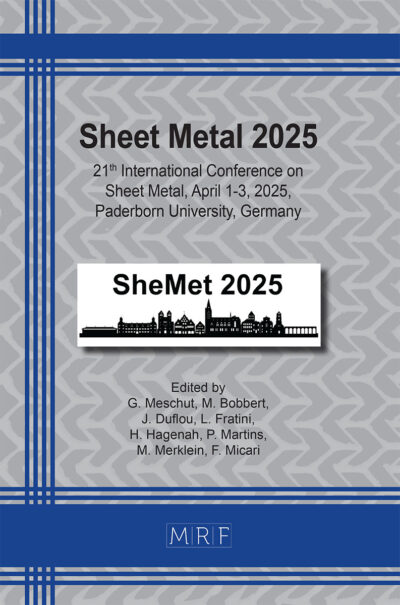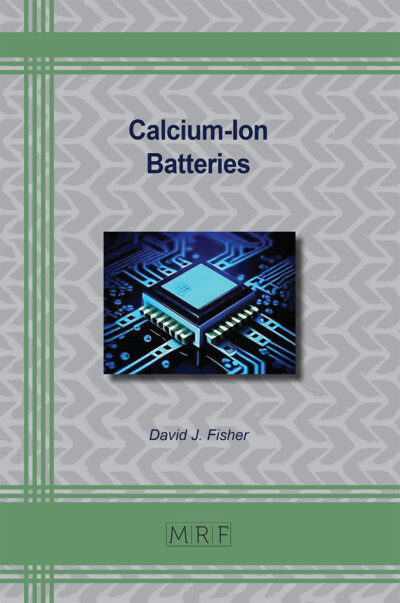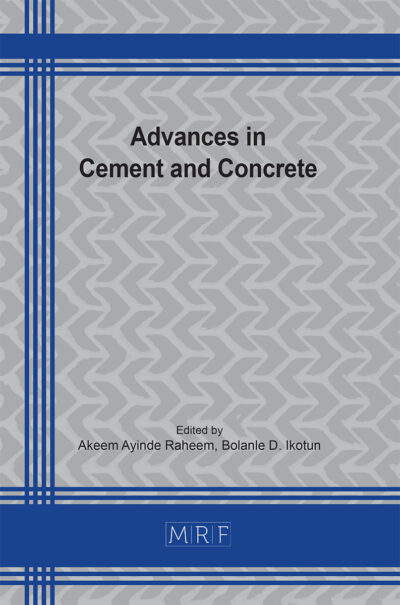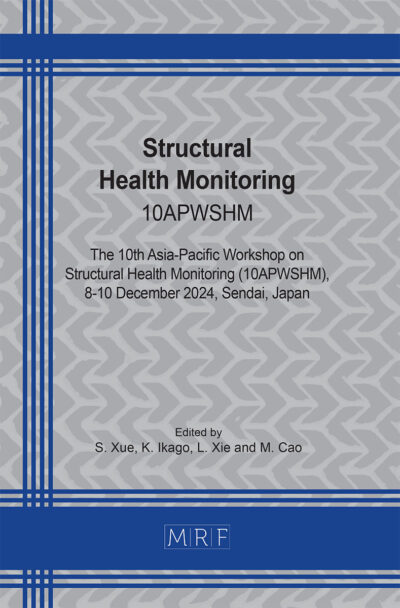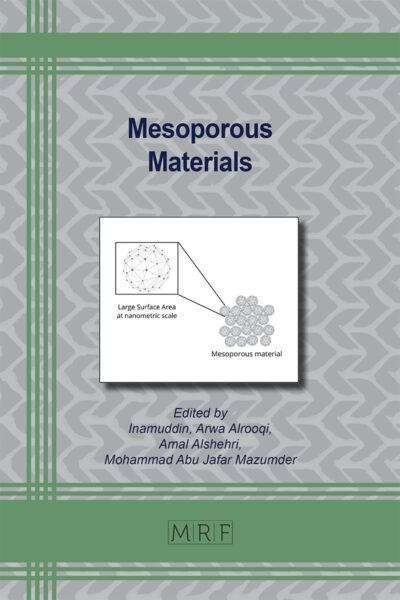Organic Pollutants in Wastewater II
Methods of Analysis, Removal and Treatment
Eds. Inamuddin, Mohd Imran Ahamed, Shadi Wajih Hasan
Materials Research Foundations Volume 32
Publication Date 2018, 203 Pages
Print ISBN 9781945291708 (release date May 15th, 2018)
ePDF ISBN 9781945291715
DOI: 10.21741/9781945291715
Wastewater represents an alternative to freshwater if it can be treated successfully for re-use applications. Promising techniques involve photocatalysis, photodegradation, adsorption, bioreactors, nanocomposites, nanofiltration and membranes. The book focuses on the following topics:
Biological Wastewater Treatment Technologies. Pesticides and their Treatment in Wastewater. Adsorption Removal of Organic Pollutants using Graphene-based Nanocomposites. Reverse Osmosis for the Removal of Organic Compounds from Wastewater. Treatment of Refractory Organic Pollutants using Ionic Liquids. Biohydrogen and Bioethanol Production from Agro-Industrial Wastewater. Methods for the Treatment of Dairy Wastewater. Membrane Bioreactors for the Removal Pesticides and Hormones in Municipal Wastewater. Carbon Nanotubes and their Composites for Treating Industrial and Municipal Wastewater. Low-cost Adsorbents for the Removal of Malachite Green from Water and Wastewater.
Keywords
Wastewater Treatment, Biohydrogen Production, Bioethanol Production, Biological Wastewater, Carbon Nanotubes , Dairy Wastewater, Graphene-based Nanocomposites, Hormones in Wastewater, Malachite Green Removal, Membrane Bioreactors, Nanocomposites, Nanofiltration, Nanomembranes, Nanotubes, Organic Pollutants, Pesticides Removal, Photocatalysis, Photodegradation, Reversed Osmosis, Textile Wastewater
Table of Contents
Applications of Reverse Osmosis for the Removal of Organic Compounds from Wastewater: A state-of-the-art from Process Modelling to Simulation
I.M. Mujtaba, M.A. Al-Obaidi, C. Kara-Zaïtri
Treatment of Refractory Organic Pollutants using Ionic Liquids
I.M. AlNashef, R. Sulaiman, S.S. AlSaleem
Biohydrogen and Bioethanol Production from
Agro-Industrial Wastewater
E.L.C. de Amorim, N.C. dos Santos Amorim, W.V. Macêdo, E.A. Batista
Methods for the Treatment of Dairy Wastewater
P. Stanchev, A. Mousavi, V. Vasilaki, E. Katsou1
Occurrence of Pesticides and Hormones in Municipal Wastewater and their Removal by Membrane Bioreactors
V. Naddeo, L. Borea, S.W. Hasan, V. Belgiorno
Pesticides: Positive and Negative Aspects and their Treatment in Wastewater
Qamruzzaman, A. Nasar
Wastewater Biological Treatment Technologies: An Eminent Hybrid Approach to Treat Textile Wastewater
R. Shoukat, S.J. Khan, Y. Jamal
Multi-Walled Carbon Nanotubes (MWNTs) and their Composites for the Treatment of Organic Compounds in Industrial and Municipal Wastewater
Q. Zaib, F. Ahmad
Removal of Malachite Green from Water and Wastewater by Low-Cost Adsorbents
Qasimullah, A. Mohammad, P.F. Rahman, M. Khan


